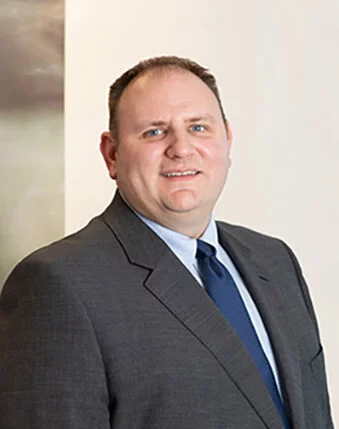One of the newest growing trends in Minnesota farm divorces involves both divorcing parties seeking to acquire the farm operation’s productive assets (land, machinery, equipment, etc.). In the past, it was typically presumed that the “farming spouse” will end up with the productive farm assets while the “nonfarming spouse” will receive fair compensation using other assets (either other assets the parties own or some cash buyout either in a lump sum or over time).
A growing segment of farmers, however, operate with land or other productive assets that are ancestral property of the “nonfarming spouse.” Or, there is no nonfarming spouse—both spouses are equally invested, financially and emotionally, in the farming operation. In those circumstances, facts matter significantly as Minnesota judges have wide discretion on how to arrive at a “fair and equitable” distribution of the marital estate.
That is why it is increasingly important to lay out all of the relevant facts for your attorney. Is farmland ancestral property? Is it a “Century Farm?” Was gifted money used to purchase the land or equipment or to improve land or equipment somewhere along the way? Some of these and related factors can weigh heavily in favor of dividing a certain asset in one fashion or another. While no fact or factor is looked at in isolation, the “totality of the circumstances” can sway a judge in one direction or another. Particularly if you are looking to arrive at an outcome that’s outside the norm, it’s imperative to make your case look as strong and factually supported as possible. While the outcome needs to be reasonable, farm divorces are much more art than science and a specific, reasonable, fact-based action plan is necessary to achieve optimal results.
Andrew M. Tatge is Gislason & Hunter’s Managing Partner and chair of the firm’s Family Law and Divorce Practice Group. He represents farmers, business owners, professionals, and other individuals in divorce and related actions. He also writes and speaks regularly on divorce issues related to business owners and family farms. Andrew can be reached at atatge@gislason.com or (507) 387-1115. This information is general in nature and should not be construed for tax or legal advice.


